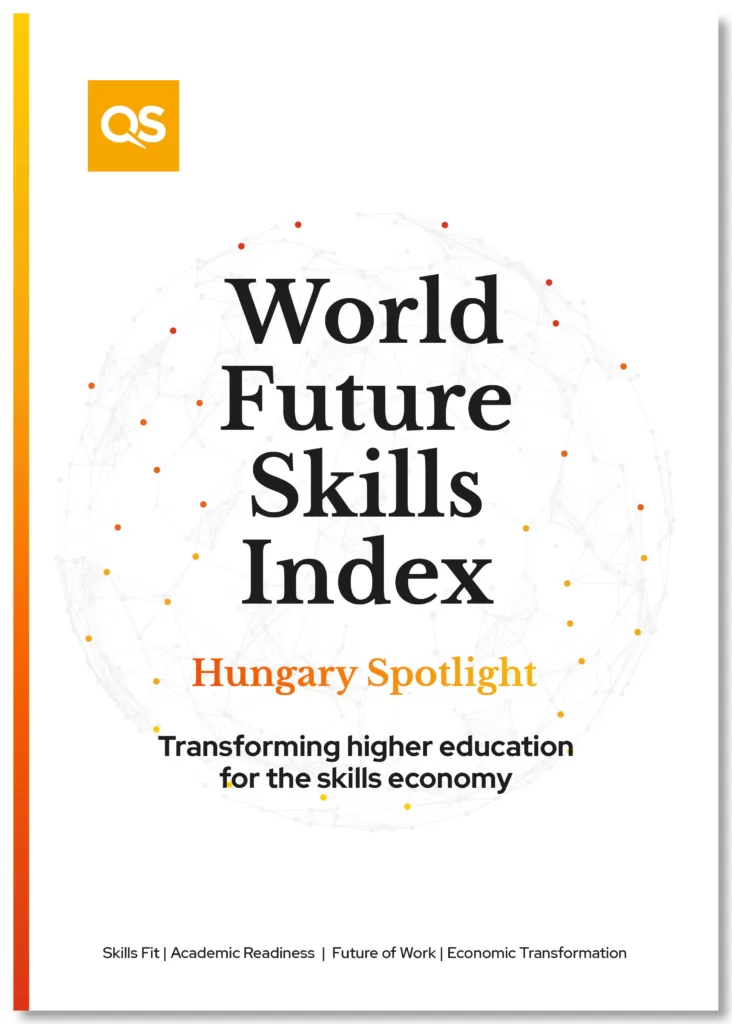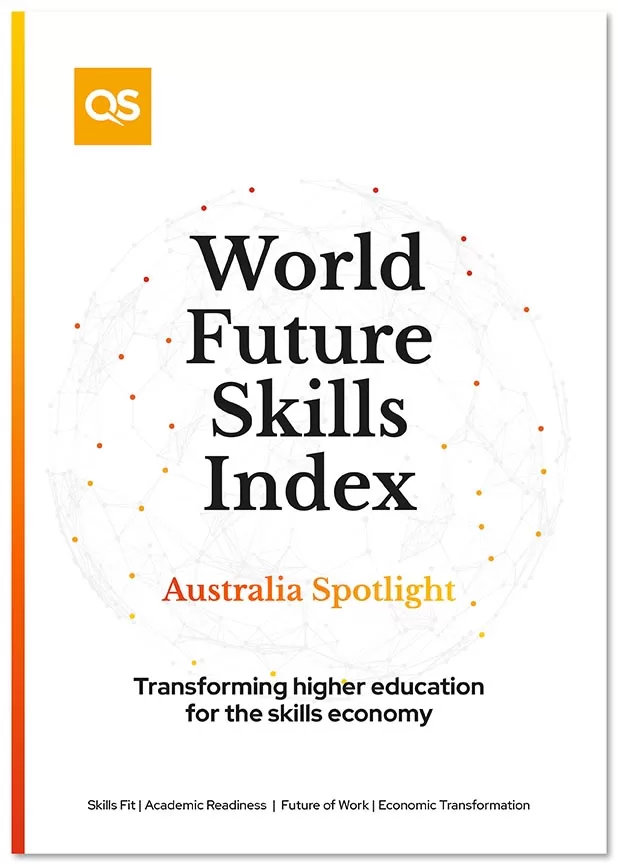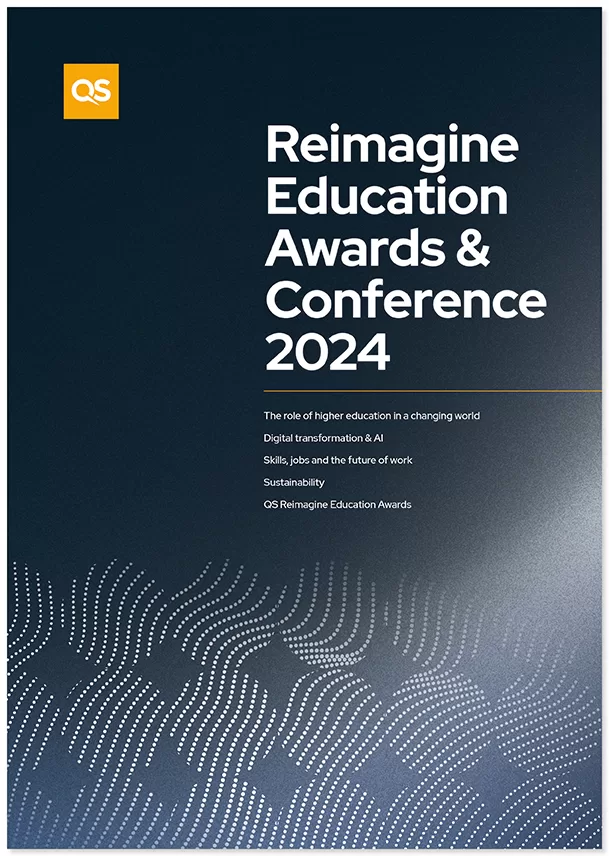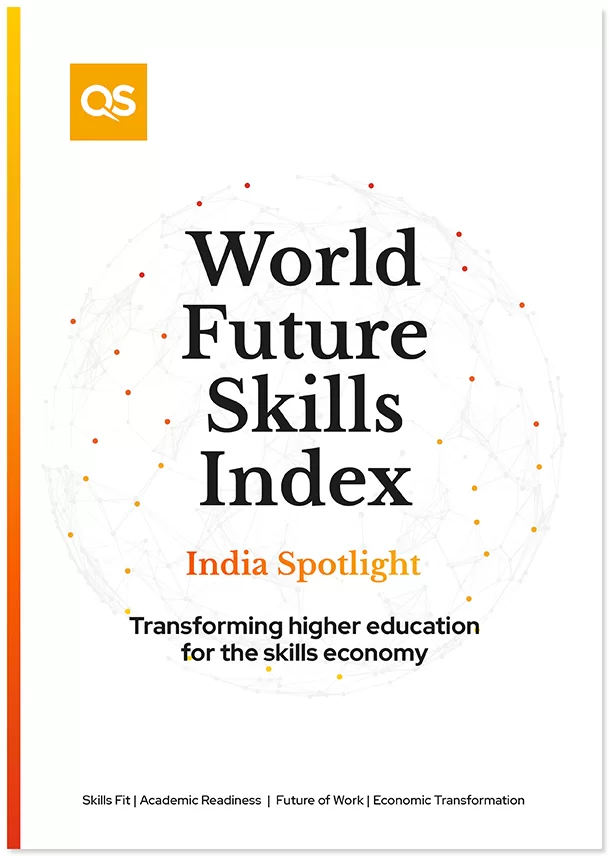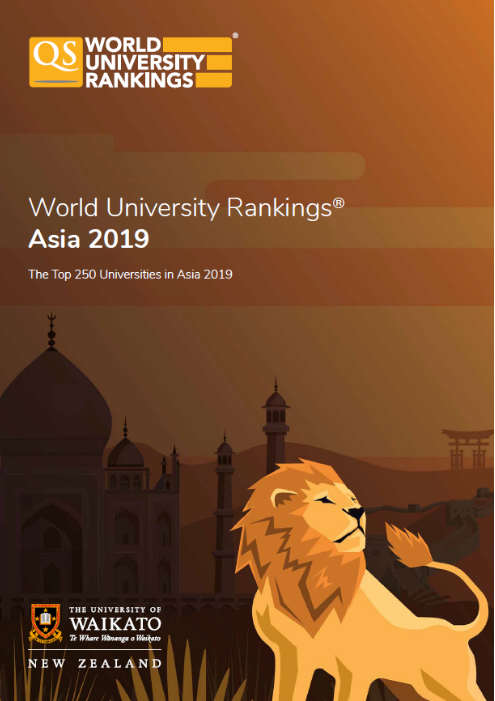
Welcome to this, the 10th edition of the QS Asia University Rankings, which was first launched back in 2009. This 2019 supplement displays the top 250 institutions in Asia.
–
A notable development in the QS Asia University Ranking 2019 is that it forms the parent ranking for two new locational rankings – the QS Japan University Rankings 2019 and the QS South Korea University Rankings 2019.
–
The methodology for our Asia rankings was compiled using the following indicators:
- Academic Reputation
- Employer Reputation
- Citations per Paper
- Papers per Faculty
- International Research Network (new)
- International Faculty
- Student to Faculty Ratio
- Staff with PhD
- International Students
- Outbound Exchange Students
- Inbound Exchange Students
